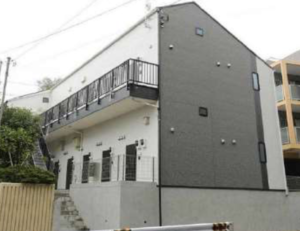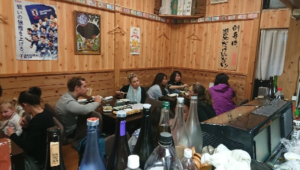Will Real Estate Prices Really Decline Long-term in Japan?
Based on the following four points, we will explore this issue.
In conclusion, while it is unclear what the long-term trend of real estate prices in Japan
as a whole will be, we can conclude that real estate prices in rural areas are likely to decline.
The relationship between population decline
and real estate prices In Japan
The population is declining, which is a contributing factor to falling real estate prices.
In particular, the decrease in population in rural areas is significant,
and it is expected that real estate prices will decline as demand decreases.
Comparing Japanese and International Real Estate Prices
Compared to international real estate markets,
Japanese real estate prices can be considered relatively stable.
However, in some parts of the world, real estate prices are skyrocketing,
and investors are more inclined to look at higher-return international markets.
This puts pressure on Japanese real estate prices, especially in rural areas,
where a decline in prices seems inevitable.
The Impact of the Vacant Housing Problem In Japan
The number of vacant homes is increasing, which has a negative impact on real estate prices.
In particular, in rural areas where the number of vacant homes is growing
and it is difficult for new demand to emerge, a decline in prices is expected.
Population Dynamics
In Tokyo and its surrounding urban areas, the population is concentrated.
Particularly, younger people tend to migrate to urban areas in search of job
and educational opportunities, and this concentration
of the population supports the rise in real estate prices.
As a specific example, the population in central Tokyo reached a record high of
approximately 13.7 million in 2020, with about 50% of them being young people
in their 20s to 40s .
In addition, as the ageing population increases, the demand for housing and
services for the elderly also become a factor pushing up real estate prices in urban areas.
For example, in Tokyo, the number of condominiums for the elderly
and serviced housing for the elderly (senior housing with support services) is increasing,
and the expansion of this market is driving up real estate prices.
In summary, while real estate prices in rural areas of Japan are expected to decline,
the concentration of population in urban areas like Tokyo, particularly among younger people,
supports the rise in real estate prices. The growing demand for housing and services
for the elderly is also contributing to this upward trend.
Comparison with Other Financial Products Comparing
real estate investments
With other financial products (such as stocks and bonds) is also important.
In the current low-interest-rate environment, returns on stocks and bonds tend to be low as well.
However, considering the balance of risk and asset diversification,
it can be said that there is still an appeal to investment products other than real estate.
As real estate prices in rural areas decline, investors are expected to direct their funds
to financial products that are considered to have a better balance of risk and return.
The increasing number of vacant homes in Japan, particularly in rural areas,
is negatively impacting real estate prices.
When comparing real estate investments
with other financial products, investors may be attracted to alternative options
that offer a better balance of risk and return.
Toshihiko Yamamoto
Real estate investing consultant and author.
Founder of Yamamoto Property Advisory in Tokyo.
International property Investment consultant and licensed
real estate broker (Japan).
He serves the foreign companies and individuals to buy and sell
the real estates in Japan as well as own homes.
He holds a Bachelor’s degree in Economics from
Osaka Prefecture University in Japan
and an MBA from Bond University in Australia
Toshihiko’s book, “The Savvy Foreign Investor’s Guide to Japanese Properties: How to Expertly Buy, Manage and Sell Real Estate in Japan” is now out on Amazon, iBooks (iTunes, Apple) and Google Play.
About the book
Amazon.com Link





